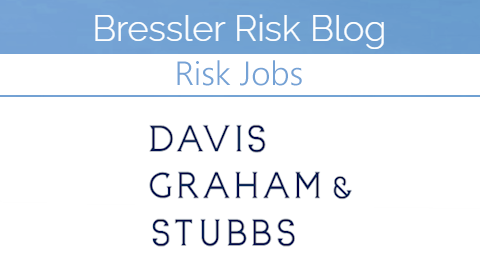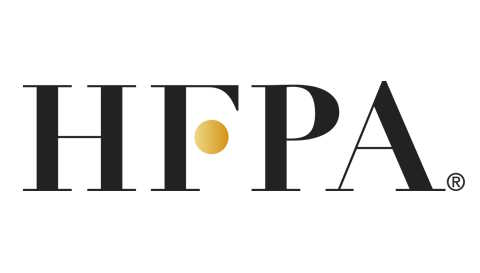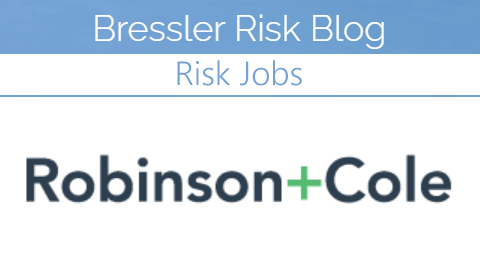BRB Risk Jobs Board — Conflicts Analyst (Davis Graham & Stubbs)
Posted onIn this BRB jobs update, I’m pleased to highlight an open role at Davis, Graham & Stubbs: “Conflicts Analyst” —
- The Conflicts Analyst supports the entire conflicts and new business intake process, from research, identification, and analysis through resolution, clearance, and client data management.
- The person in this role is responsible for overseeing the accurate and timely return of conflict reports and maintaining the integrity of the firm’s conflicts and client matter databases by ensuring the accuracy and completeness of information submitted.
- The Conflict Analyst’s meticulous attention to detail, strong organizational skills, and knowledge of legal procedures will ensure the smooth functioning of our firm’s operations.
Essential Functions:
- Perform conflict of interest searches for new matters and lateral attorney hires, engaging in discussions with attorneys and staff members to gather information and/or clarification as needed
- Use internal and external resources to conduct factual research regarding corporate relationships and the nature of involved party roles in a particular matter
- Review and analyze conflict of interest reports to identify unnecessary hits, highlight potential conflict problems, and facilitate the resolution of potential conflicts
- Maintain the integrity of client, matter, and involved party classifications in the firm’s conflicts database
- Assist in the review and cataloguing of client matter documents, including signed engagement letters, waivers, disengagement documents, outside counsel guidelines and ethical wall memos
- Assists with submitting conflicts information into the Intapp system for lateral hires
- Leverage file management software and tools to streamline processes and enhance efficiency
Required Skills/Abilities
- Superior attention to detail and ability to interpret and analyze information
- Sound judgment in identifying potential ethical and other risk management issues in the conflicts process
- Strong oral and written communication skills, including the ability to understand, analyze, interpret, and explain complex reports and to converse informatively with attorneys and staff about conflicts issues
- Maintain all information in the strictest of confidence
- Excellent organization skills, including the ability to work collaboratively and provide an accurate work product with minimal supervision in an atmosphere of multiple projects, shifting priorities, and extremely tight deadline pressures
- Possess a high level of ethical and professional responsibility and superior judgment in handling confidential information
- Strong ability to learn new technologies, processes, and workflows as necessary
- Willingness to keep updated on trends and developments in the industry and to continue to develop skills, knowledge, and ability to improve processes and procedures
- Must possess or acquire an understanding and appreciation of basic conflict rules governing the private practice of law
- Must have the ability to reason and apply common-sense understanding to situations encountered.
- Proficiency to utilize Aderant and Intapp (or similar computerized accounting and client intake workflow systems), document management systems and other technology efficiently
- Ability to process routine daily functions while being able to resolve sensitive issues and complex assignments utilizing above-average critical thinking skills
See the complete job posting for more details on the job requirements and to apply for this position.
Learn more about working at the firm on their careers page:
- Davis Graham & Stubbs LLP offers a collegial environment where talented, committed, and creative individuals can thrive.
- In return, we ask each of our attorneys and business professionals to focus on exceeding client expectations, assuming responsibility for delivering results, demonstrating respect for each other, and showing dedication to our community.
- Davis Graham & Stubbs LLP business professionals are the foundation of our service-based organization.
Excellence in service comes from every member of our team, every day. - We are committed to attracting and retaining employees who share our values: integrity, respect, fairness, diversity in background and interests, a good sense of humor, and collegiality.
And if you’re interested in seeing your firm’s listings here, please feel free to reach out…










